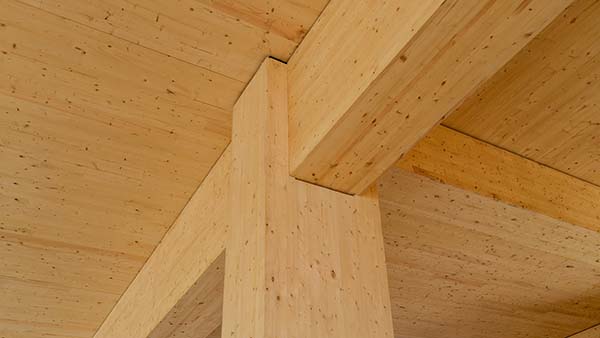Research
A Synthesis of Research on Wood Products and Greenhouse Gas Impacts
Roger Sarthe
J. O’Connor
FPInnovations
In this review, existing scientific literature is examined to summarize consensus findings, or range of findings, addressing the net life cycle greenhouse gas footprint of wood construction products. Numerous international studies are reviewed for findings on fossil energy used in wood manufacturing compared to alternatives, the avoidance of industrial process carbon emissions as from cement manufacturing, the storage of carbon in forests and forest products, the use of wood by-products as biofuel replacement for fossil fuels, and carbon storage and emission due to forest products in landfills.
Interpretation of the various findings sought to clarify whether actively managing forests for wood products is better, worse or neutral versus leaving forests in their natural state. The authors discuss methodological issues in wood substitution analysis, including the definition of an appropriate functional unit and the establishment of effective system boundaries in terms of activity, time and place.
Data from a subset of the reviewed studies are then used in a meta-analysis of displacement factors, that is, the quantification of greenhouse gas emission avoided per unit of wood used in place of other materials. All of the studies reviewed found that the production of wood-based materials results in less greenhouse gas emission than the production of alternatives. Over the complete life cycle of building materials, the great majority of studies also found lower total emission for wood products. End-of-life management of wood products is the single most significant variable for the full life cycle carbon profile of wood products.
The few studies with scenarios in which the greenhouse gas emission of wood building materials is greater than of alternatives addressed worst-case wood disposal options. The overall consensus provides a clear carbon rationale for increasing wood substitution for other products, provided that forests are sustainably managed and that wood waste and by-products are used responsibly.




